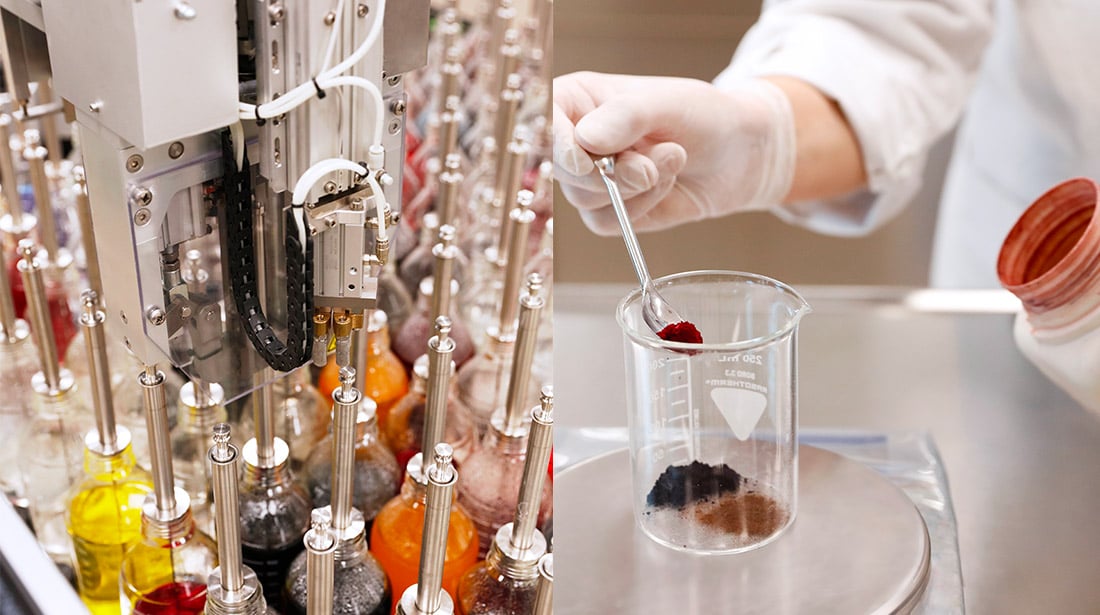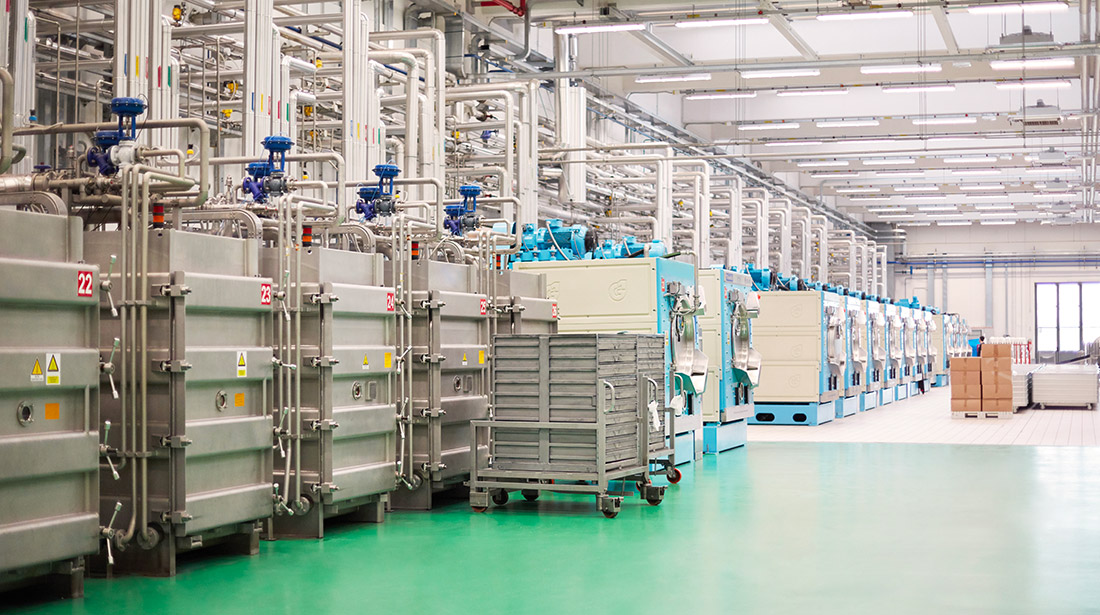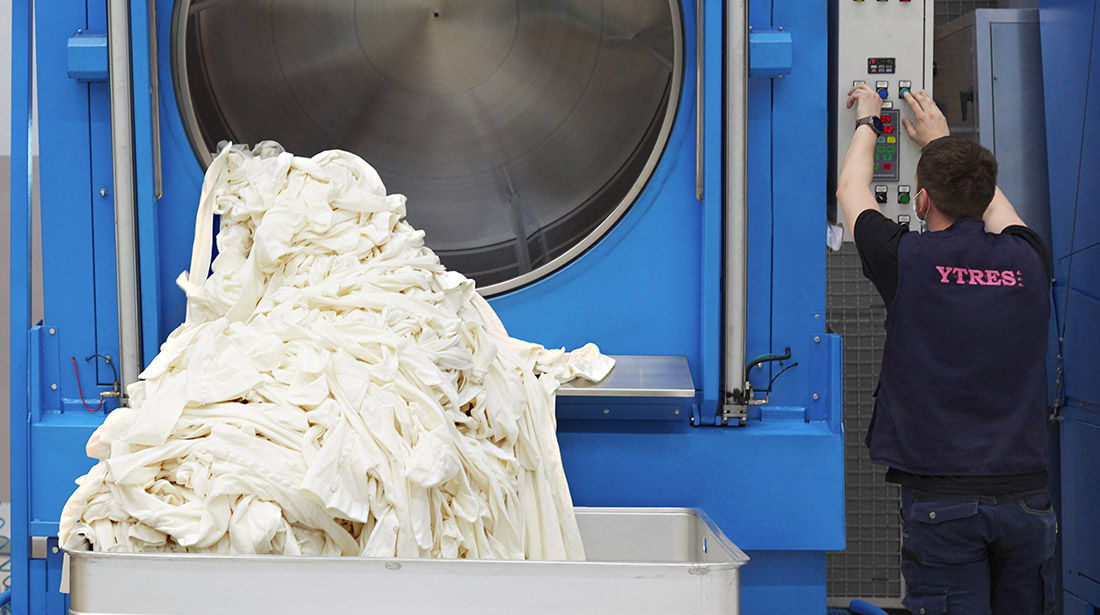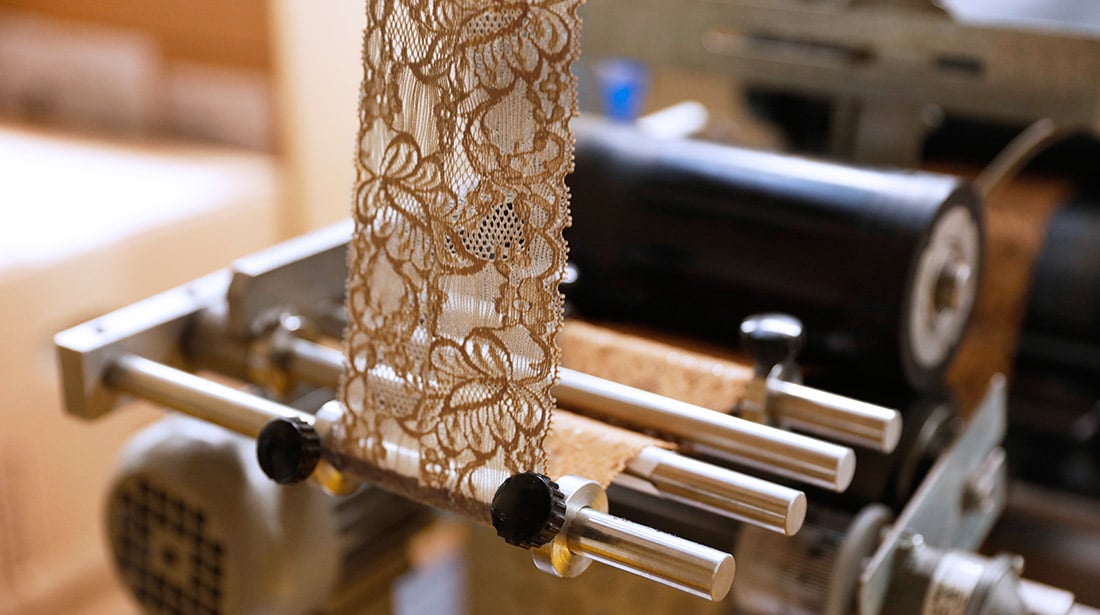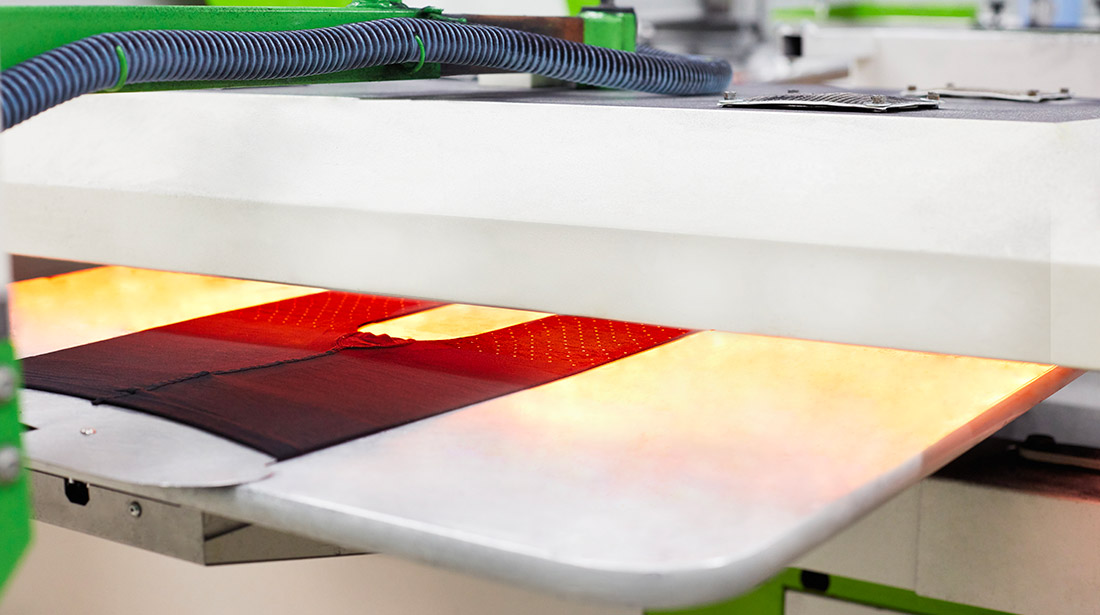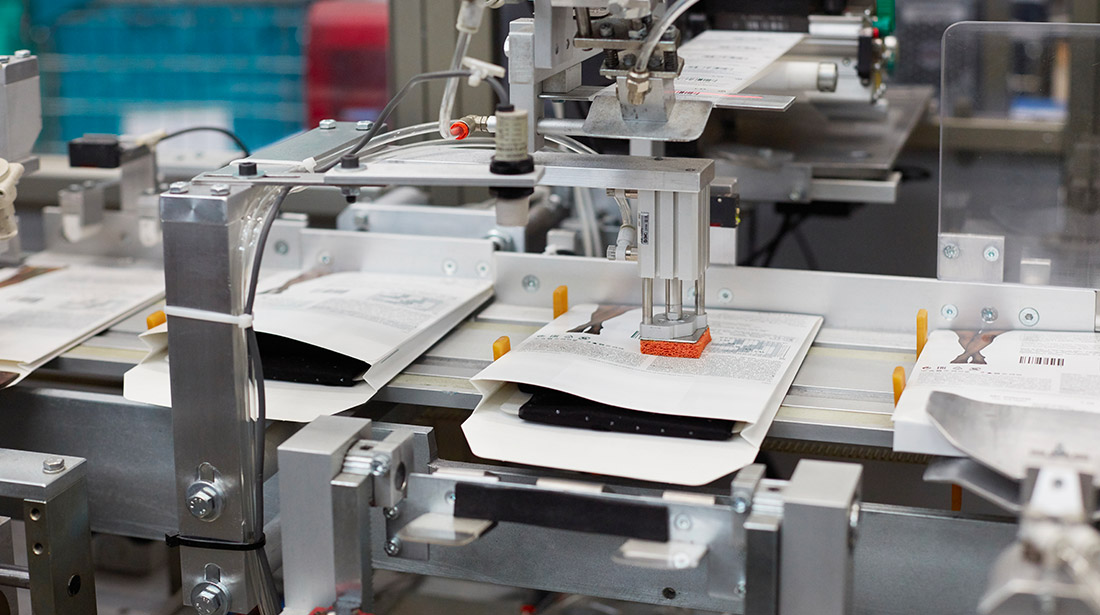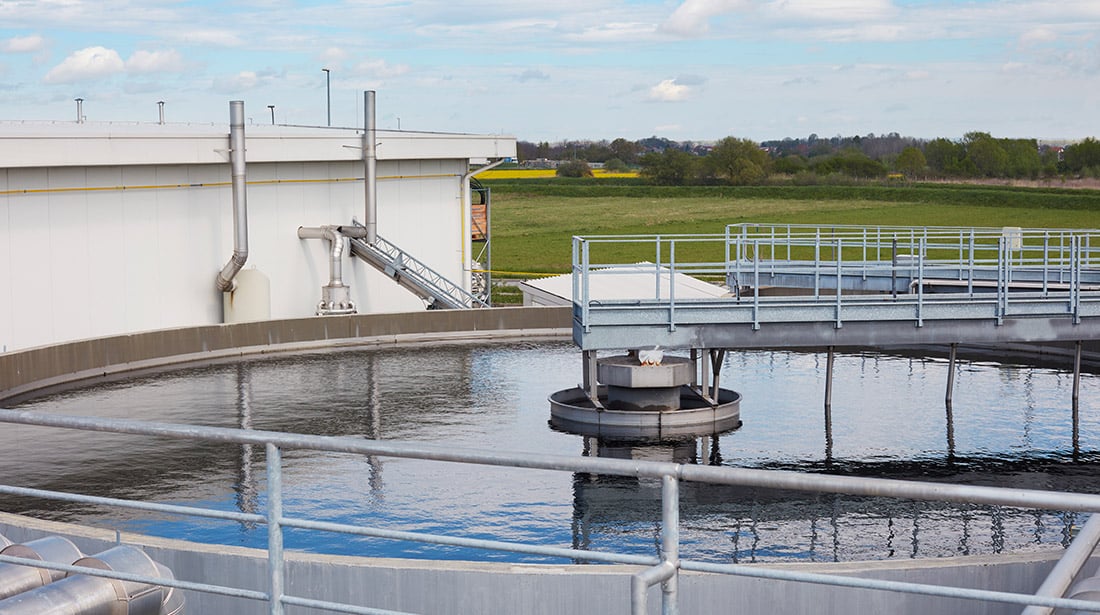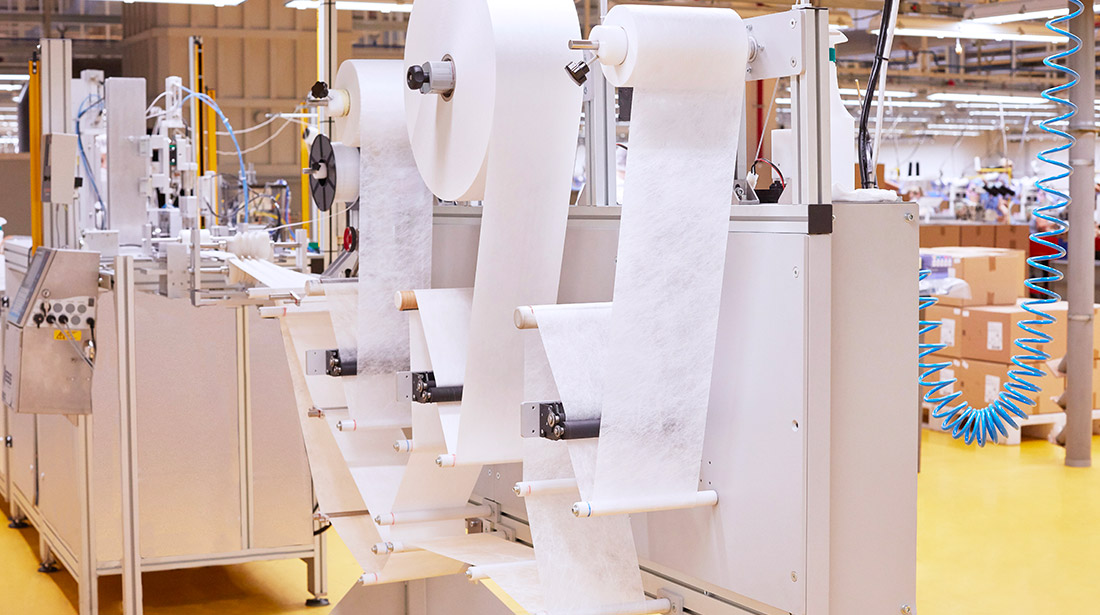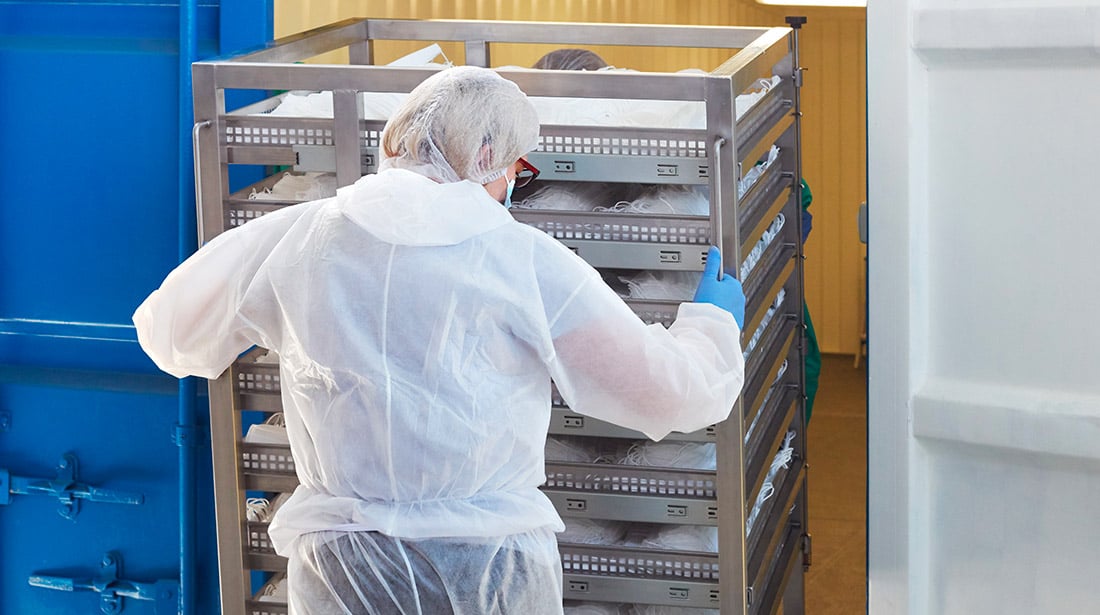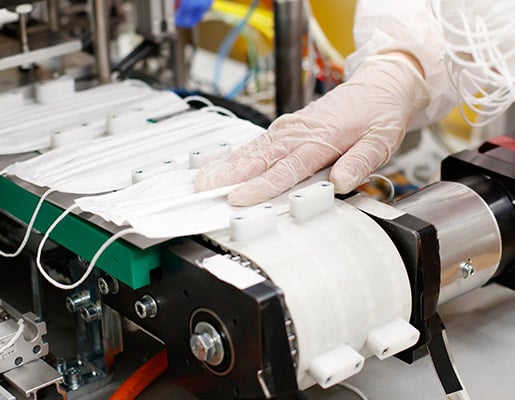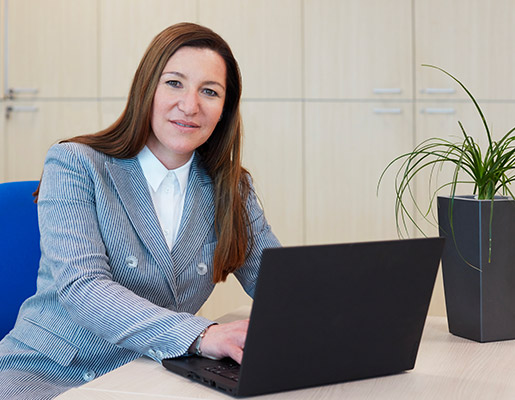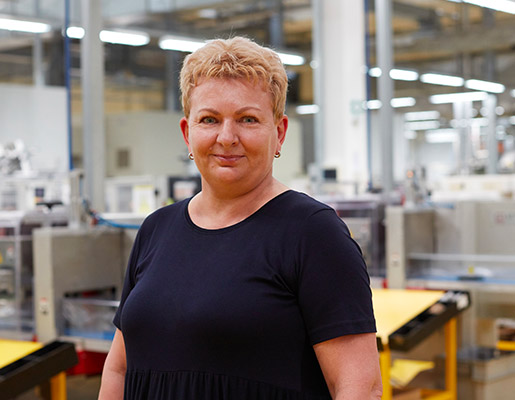Our people
88% of the factory's employees are women and there are 2 expats.796 employees are women, and only one is from outside Croatia, consistent with the company’s specific aim to offer local employees ample responsibility and opportunities for personal and professional growth, and with the principle of collaboration and investment in the local area. The opportunities for growth are also boosted by the free training the company offers all its employees, with the language courses proving particularly popular. Free transport services are guaranteed to reach the factory.
Attention to the community
The company’s decision to establish its own factories rather than using the services of third parties means that closer attention is paid to the quality of the work, and above all a commitment to the local community. For this reason, every year, Ytres donates off-cuts to local communities for the production of ornamental accessories and collaborates with schools in the area, encouraging students to get involved and offering them career opportunities. In addition, during 2020, Ytres worked with hospitals, the Red Cross and the fire-fighting services to produce and distribute more than 650,000 face masks donated to the local communities.
Respect for the environment
Given its importance, Ytres is often taken as a model in terms of innovation, offering an opportunity to guide the other factories on the road to compliance with the top environmental standards concerning production processes. The plant purchases 100% renewable energy, and thanks to this policy, approx. 2,400 tonnes of CO2e emissions were avoided in 2020. In 2019, more than € 8.5 million was invested for the installation of a purification plant that made it possible to increase the daily volume of purified water from 100 to 2,500 cubic metres. The sludge, the waste from the purified water, is also dried and re-used for the production of asphalt. Lastly, a method is being studied in the factory for the re-use of purified water in the dyeing processes, which would allow for a reduction in overall water consumption.
#whomademyclothes
The people who work for us have always been our most valuable resource, and no presentation of our factories would be complete without a word from them.
Here are the stories of those who produce our items every day:
ČETUJTE TERAZ
BEZPLATNÉ ČÍSLO
POŠLITE NÁM EMAIL
DAŤ SPÄTNÚ VÄZBU
STAV OBJEDNÁVKY A VRÁTENIE TOVARU
